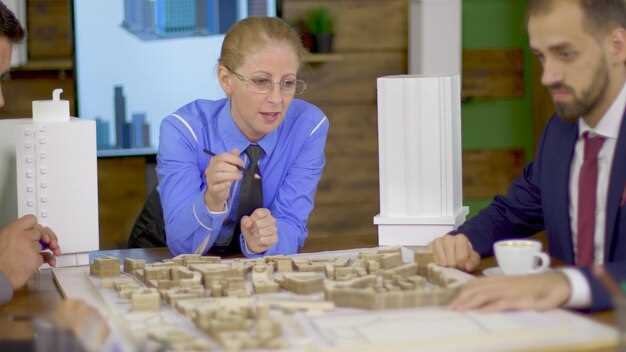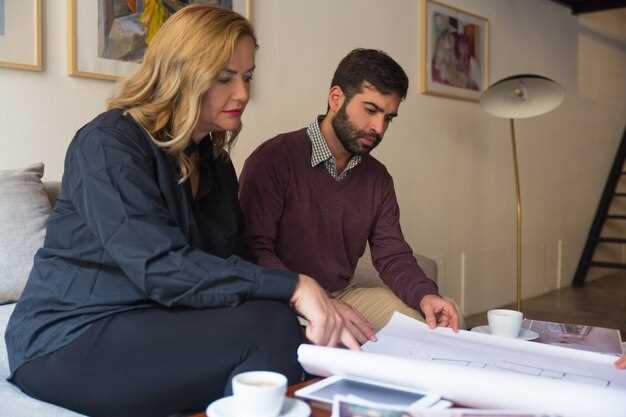
Participating in an auction can be an exhilarating experience, especially for first-time buyers. However, the excitement can quickly turn into anxiety if you are not adequately prepared. To help you navigate the auction landscape with confidence, we’ve compiled essential tips that will ensure you make informed decisions and secure the best deals possible.
Understanding the auction process is fundamental. From registration to bidding strategies, knowing what to expect will bolster your confidence. Begin by researching the types of auctions you are interested in, whether they be traditional, online, or specialized events. This background knowledge will empower you to ask the right questions and avoid common pitfalls.
Another crucial tip for first-time buyers is to set a clear budget before you even step foot in the auction venue or log into the online platform. Establishing a budget will not only help you avoid overspending but also allow you to focus on items that truly interest you. Remember, it’s easy to get caught up in the excitement of bidding, so having a predetermined limit will keep your objectives in check.
Understanding Auction Types and Bidding Processes

For beginners in the world of auctions, grasping the different types and the bidding processes involved is crucial for making informed decisions. Here are some essential tips to navigate these complexities.
There are primarily two types of auctions: open auctions and sealed-bid auctions. Open auctions allow bidders to see each other’s bids in real-time, fostering competitive excitement. In contrast, sealed-bid auctions require participants to submit their bids privately, with no knowledge of other bids until the auction concludes. Understanding these formats can help you choose the right auction for your strategy.
Within these formats, the bidding process can vary significantly. In open auctions, bidding can commence at a starting price, with participants incrementally raising their offers until no one is willing to bid higher. Beginners should pay close attention to bid increments, which are the minimum amounts by which bids must increase. Familiarizing yourself with these increments can prevent you from being intimidated in competitive situations.
In sealed-bid scenarios, it’s vital to research comparable items’ values beforehand since you’ll be determining your maximum bid without external input. An effective strategy is to decide your limit before entering the auction, ensuring you don’t get swept away in the heat of the moment.
Another crucial tip for beginners is to understand the concept of reserve prices. This is the minimum price that a seller is willing to accept. In open auctions, if bidding does not reach this threshold, the item may not be sold. Knowing whether a reserve price exists can help you assess your bidding strategy accordingly.
Lastly, familiarize yourself with any auction house fees, which can include buyer’s premiums or processing fees. These costs can significantly affect your total expenditure, making it essential to factor them into your bidding strategy.
By understanding auction types and the intricacies of bidding processes, beginners can participate more confidently, making smarter decisions that align with their budget and goals.
Setting a Realistic Budget and Sticking to It
For beginners entering the auction world, establishing a realistic budget is crucial. Auctions can be thrilling, but the excitement can easily lead to overspending. Here’s how to set a budget and ensure you stick to it:
- Research the Market:
Understand the value of items you wish to bid on. Research similar auction results to gauge price ranges.
- Determine Your Limits:
Decide on a maximum amount you are willing to spend. This should include the hammer price and any additional fees such as taxes and commissions.
- Prioritize Needs vs. Wants:
Make a list of items you truly need versus those you simply want. Focus your bidding on items that align with your budget and goals.
- Set a Bidding Strategy:
Decide in advance how much you want to bid on each item. Consider having a bidding ceiling to prevent impulse purchases.
- Stay Disciplined:
During the auction, stick to your budget. It can be easy to get carried away, but remember your limits.
- Review and Adjust:
After your first auction experience, review your spending. Adjust your budget strategies for future auctions based on what you learned.
By setting a realistic budget and adhering to it, beginner auction buyers can enjoy the process while avoiding costly mistakes. Be prepared, stay focused, and have fun navigating your first auction!
Researching Items and Auction Houses Before Bidding

For beginners venturing into the world of auctions, thorough research is crucial. Understanding the items available for bidding and the auction houses hosting these events will enhance your overall experience and improve your chances of making informed decisions.
Start with Item Research: Before placing a bid, familiarize yourself with the specific items of interest. Look for details such as the item’s history, condition, authenticity, and market value. Utilize online resources, books, and expert consultations to gather information. Knowledge about the item’s provenance can significantly affect its worth and your bidding strategy.
Market Trends: Stay updated on current market trends for the items you wish to bid on. Check recent auction results, price fluctuations, and demand levels. This will enable you to gauge whether the auction’s starting bids align with the item’s fair market value, helping you avoid overbidding.
Understanding Auction Houses: Different auction houses have distinct reputations, specialties, and buyer demographics. Research the auction house’s history, reliability, and expertise in the specific category of items you are considering. Look into their buyer’s premium rates, payment methods, and return policies, as these factors can impact your overall costs and satisfaction.
Reputation and Reviews: Read reviews and testimonials from previous buyers to gain insights into their experiences. This can provide valuable information regarding the auction house’s transparency, customer service, and the quality of items sold. A reputable auction house typically offers a significant advantage for beginners.
By diligently researching both items and auction houses prior to bidding, you empower yourself with knowledge that can lead to successful purchases and a rewarding bidding experience. Make informed choices, and your first auction participation will be both enjoyable and profitable.

